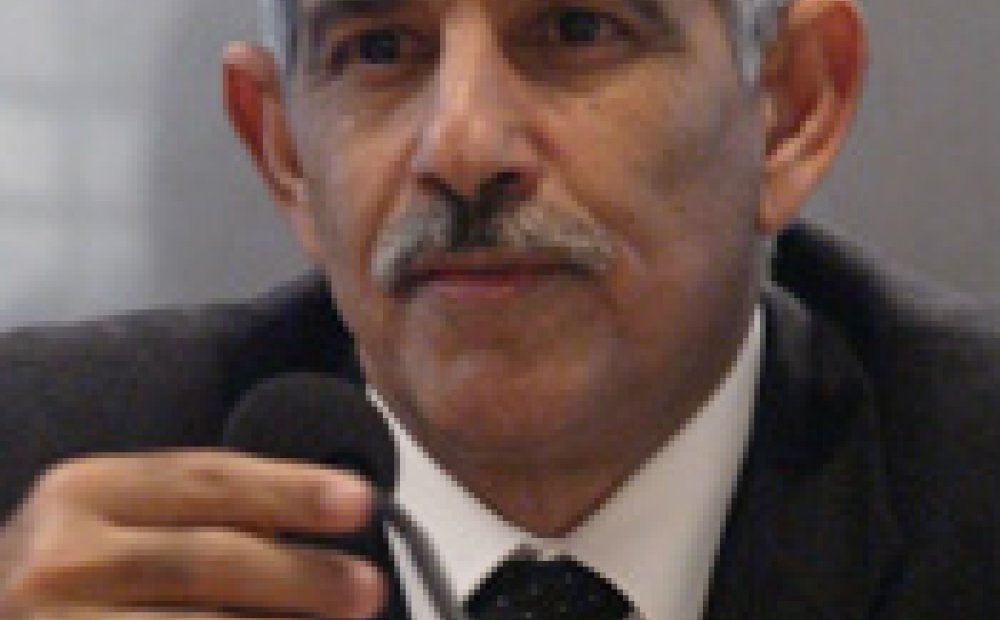Thirty Years of Collaboration between USAID and the Ministry of Health of Morocco

Dr. Mohamed Cheikh Biadillah, the Moroccan minister of health, spoke at a meeting jointly organized by the Middle East Program and the Environmental Change and Security Project to mark the "graduation" of Morocco from USAID assistance. Due to the country's improving health indicators, USAID will no longer provide funding for health programs in Morocco. The minister reflected on his country's improvements in family planning, maternal and child health, and HIV/AIDS, and discussed the country's future priorities.
Dr. Biadillah emphasized that Morocco was a "faithful friend and strategic ally" of the United States. He outlined the health-related technical, financial, and management support provided by US development assistance, which increased life expectancy from 48 years in 1960 to 70 years, and decreased the maternal mortality rate from 337 per 1000 live births in 1960 to 228 today. According to the minister, the program succeeded despite Morocco's sensitivity towards family planning because political leaders at the highest level were committed to it and Moroccan NGOs were deeply involved, particularly in the area of children's rights. He also pointed out that Morocco's new Family Law, which for the first time declares men and women equal, was unanimously accepted by the House of Representatives. This law, among other provisions, provides legal and financial support for divorced women and their children.
In addition to improving the health of its population, Morocco's collaboration with USAID allowed it to develop a trained workforce that now provides technical assistance in neighboring countries. The minister expressed his happiness at this growing collaboration, which is active not only in francophone Africa, but also in other Islamic countries that have not achieved Morocco's success.
Reflecting on his country's future priorities, Dr. Biadillah asserted that Morocco's health department would maintain past momentum by ensuring that immunization rates remained high and that diseases such as polio and tetanus did not return. At the same time, Morocco has to confront new challenges, such as an aging population and an increase in chronic degenerative diseases.
The minister also referred to the threat of HIV/AIDS, estimating the current number of AIDS cases at 1,290 people, with over 13,000 testing positive for HIV. Dr. Biadillah described the national program to combat the spread of the virus, which includes anonymous detection and treatment centers, as essential to maintaining the country's low infection rate.
Joyce Holfeld, assistant administrator for USAID's Global Health Bureau, concluded the session by thanking the minister and his predecessors for years of successful collaboration, and spoke of new beginnings for Morocco upon the country's graduation from USAID's health assistance program.
Drafted by Ira Athale and Jennifer Kaczor.
Speakers
Hosted By

Environmental Change and Security Program
The Environmental Change and Security Program (ECSP) explores the connections between environmental change, health, and population dynamics and their links to conflict, human insecurity, and foreign policy. Read more


Maternal Health Initiative
Housed within the Wilson Center's Environmental Change and Security Program, the Maternal Health Initiative (MHI) leads the Wilson Center’s work on maternal health, global health equity, and gender equality. Read more
